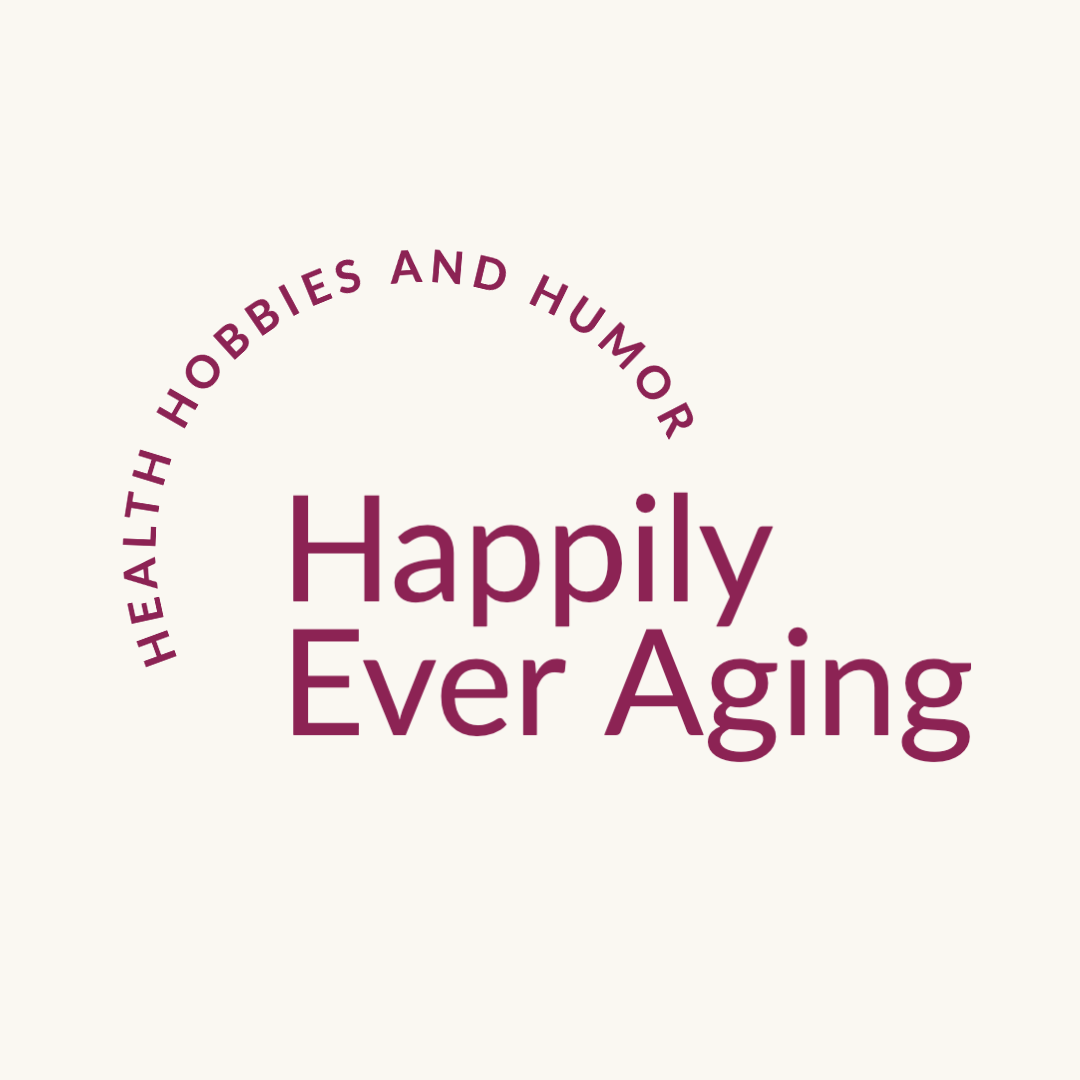Stress Management and Resiliency Training (SMART)
I was introduced to Anne Lynch by a friend of mine. She had taken an online class with Anne to manage her chronic pain, and she recognized that I could benefit from taking a class to combat stress and help with getting a better night’s sleep.
Anne Lynch founded Know More Stress, a company dedicated to teaching the art of recognizing stress triggers and developing skills and practical tools to respond to those triggers and manage situations and emotions to find happiness and peace.
She is a family nurse practitioner and pain management nurse with a degree in nutrition and is certified through the Benson-Henry Institute (BHI) and Massachusetts General Hospital as a Stress Management and Resiliency Training (SMART) facilitator. She has dedicated her life to helping individuals adopt a healthy lifestyle by living life in balance.
Anne offers this 8-week SMART course online, making it convenient and accessible. I began the class in January. There is homework; though, it’s fun, and there is an expectation that you attend every single one of the classes in the eight weeks for maximum benefit.
Our class size was small, so it was easy to get to know the other participants. There was a mix of ages and genders, all with differing reasons for taking the class - chronic pain management, insomnia, dealing with the stressors of life circumstance changes like retirement, and emotional stress eating. Taking this class helped everyone.
I cannot speak highly enough about how transformative it was. One of things I really appreciated was how in each class, we were taught practical, ready-to-use tips that could be implemented right away.
Occasionally I wake up at night, but I rarely stay awake. I have been able to calm myself in stressful situations, and I find I’m enjoying my food more, since I’ve learned how to slow down and use all of my senses to be mindful of what I’m eating. Here’s what you can expect.
Week One
The class began with an overview of the science of stress and the concept of resiliency. Anne provided a practical step each person could take to initiate a relaxation response when a stress trigger is activated. We reflected on experiences that drain us and those that give us energy.
Week Two
We engaged in an exercise to become aware of our own personal stress triggers and learned about the relaxation response through a guided body scan meditation and mini breathing exercises. Another focus in this session was on recuperative sleep and how diminished sleep can be made worse by or promote stress. One way to facilitate sleep when you awaken at night is to initiate a body scan meditation, and Anne shared a whole library of guided meditations with everyone in the class.
Week Three
Mindfulness. That was the topic this week. Mindful eating. Mindful living. Simply put - how do we bring full awareness into the moment? How do we stop multitasking and use all of our senses to appreciate the here and now?
Week Four
We all have distorted thoughts - all or nothing thinking; should statements; perfectionism; catastrophizing, and more. This class taught us how thoughts are shaped by underlying expectations and beliefs. We learned how to identify the distorted thoughts and how to exercise self-compassion, taming the negative voice inside our heads.
Week Five
The adaptive response - learning to get to a place where we recognize we are in a stress response and can put ourselves in a position to respond with clarity. Akin to the “stop, drop, and roll” technique that children are taught in school by firefighters, this week we learned to “stop, breathe, and reflect.”
Week Six
Are you a pessimist or an optimist? This week’s session focused on how expressing ourselves in either way can influence resiliency or stress. We were given practical ways to incorporate gratefulness as a way to promote optimism and learned how physical activity plays a role in how our thoughts are shaped.
Week Seven
We all have a tendency to practice empathy and compassion with our friends, but how often do we practice self-compassion? Even though I wrote an article about this, Kindness Starts with Me, Anne’s class taught me how to practice in a way to stop negative thinking. I don’t know anyone who couldn’t benefit from this session.
Week Eight
“Laughter is the best medicine” is something we’ve all heard, but what exactly does that mean? Our final session taught us how humor and imagination help with coping skills. Through an experiment, we saw this come to light. It was a fun way to end our time together.
As I reflected on our 8-week, online class with Anne, I realized that I’d only begun to scratch the surface. To really affect long-term change, I’ll need to take all of the teachings of the past two months and keep practicing.
If you are interested in taking the class, the next 8-week session begins on April 16, 2024. You can sign up here.
I highly recommend taking the class if you are looking for a way to manage your stress, learn skills to enjoy life more, and find peace and confidence to handle adversity.
To Anne, I say, thank you! Your kind, compassionate and practical teachings have paved a pathway for me to manage my stress and find joy in my days. Plus, I’m sleeping better!
